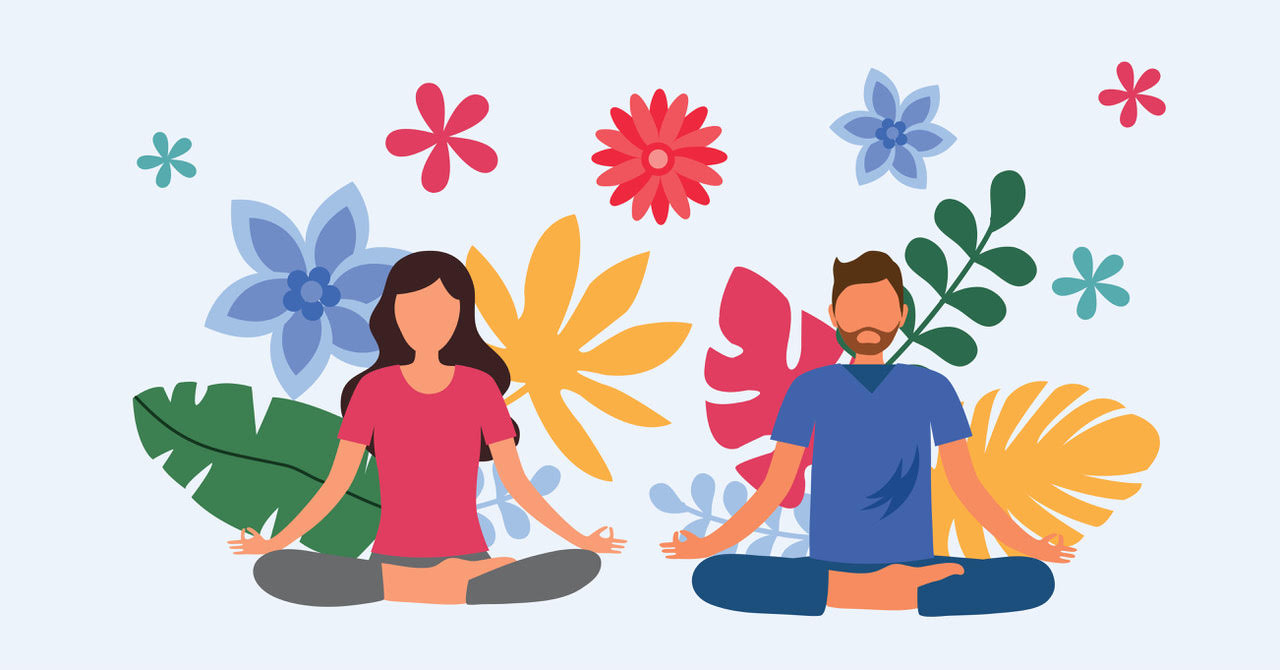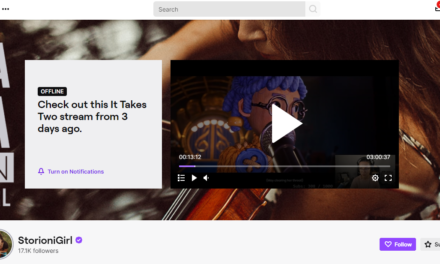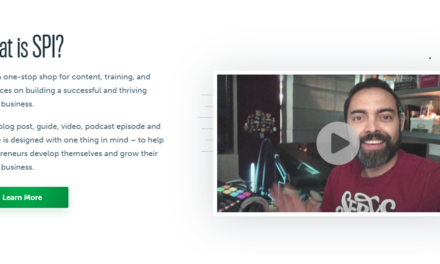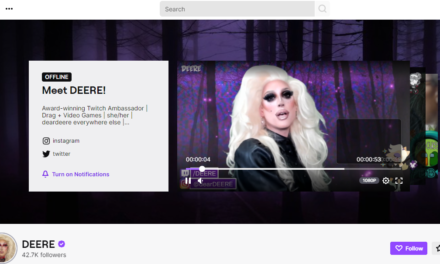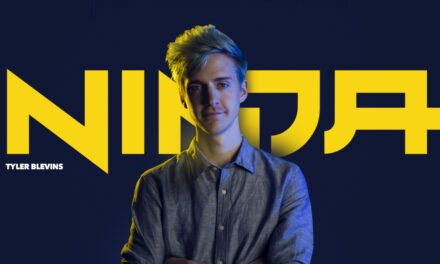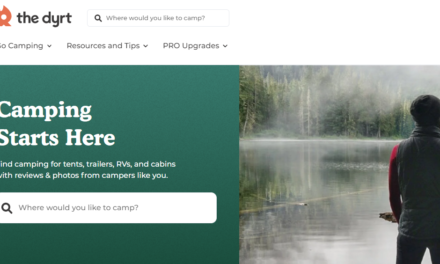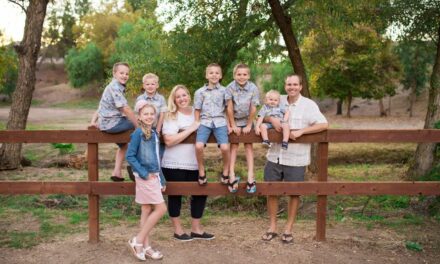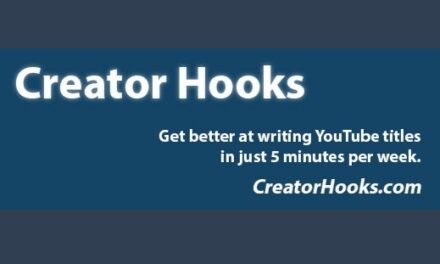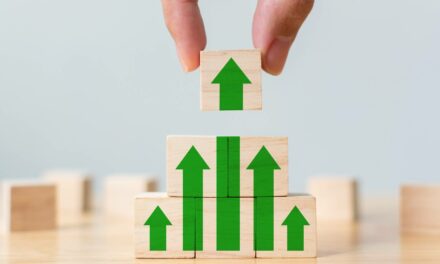From ever-changing algorithms and fluctuating follower counts to the 24/7 nature of the work, content creators are stressed.
According to Vibely’s recent Creator Burnout Report, 90% of creators say they’ve experienced burnout, and 71% say they’ve considered quitting social media and, in turn, the business they worked so hard to build.
90% of creators say they experience burnout, according to a recent survey from @joinvibely. #CreatorEconomy #ContentBusiness Share on XInfluencer Elle Mills, TikToker Shathecrow, and Twitcher FranklyGaming are just three creators who have opened up about their mental health struggles in recent years. As Shathecrow says in a quick clip from February 2021: “I wish you could see your favorite creators’ friends-only [posts] because these MFs is (sic) suffering mentally. So, you should watch your mouth when you comment.”
Many creators launched their content entrepreneurial careers doing something they love. But the constant pressure to post, stream, and create – and the often solitary nature of their work – can take its toll on their mental health and lead to creator burnout.
The constant pressure to post, stream, and create – and the often solitary nature of their work – can take a toll on creators' mental health. #Burnout #CreatorEconomy Share on XKelli Dunlap, a clinical psychologist, game designer, and community manager for Take This, a games-focused mental health nonprofit, sees it daily in her work and research. “Creation is really, really difficult,” says Kelli, who recently completed an academic study on streamer mental health during COVID. “And that’s even in the best of times – not during a pandemic when we’re all extra stressed.”
And, especially for marginalized creators, online harassment is growing. Last fall, Twitch announced plans to prevent “hate raids” – when chats are spammed with racist or bigoted language, according to Polygon.
Triggers for content creation stress
Among the top mental health-related struggles that Kelli sees as she works with and talks with creators:
1. Stress of earning a living
Any career can be stressful, but the mental pressure of content creation can be intense – especially when creators rely on it for their livelihood. Paying their bills may require nightly, hours-long streams or constant contemplation about what to post to maintain their online presence. Taking even one night off could mean a drop in views or subs that would prevent them from paying their rent. And that can be exhausting, Kelli says.
“It’s the same kind of paradigm that someone working a minimum wage job has,” she says. “One of the most stressful things a person can experience is that kind of financial instability.”
What’s more, their livelihood often is at the whim of ever-changing algorithms that could knock them down if they don’t stay on top of them. “Who wouldn’t be under an intense amount of pressure and stress in that situation?” Kelli asks.
2. Sense of responsibility for their community
Many creators have worked hard to build a strong community of followers and fans with whom they engage daily in chats, Discord channels, and elsewhere. Creators, Kelli says, can feel passionate about the community they’ve created. “Which is great. That is their family,” she says. “They feel this incredibly strong, powerful sense of responsibility toward their community.”
But that connection also makes it harder to step away for a bit. Even if finances aren’t an issue, creators may feel like they’re letting their community down. “Worrying about money will stir up senses of fear and anxiety. Worries about letting people down will stir up shame and guilt, which are emotionally more powerful and more destructive,” she says.
Building a passionate community is great until creators feel they're letting down the audience if they step away for a bit, says @KelliNDunlap @TakeThisOrg #CreatorEconomy #ContentEntrepreneurs Share on X3. Parasocial relationships
Creators and their fans may never meet in person, but they still build close, personal relationships with each other. That can take a toll on creators too. They may fret over the well-being of a fan who hasn’t been seen online in a while.
“If someone has been there frequently and they’ve talked with them, and, all of a sudden they’ve stopped showing up, a more empathic person is going to wonder, from a very human place, ‘I hope they’re OK. I hope they’re doing all right,’” Kelli says. “Even if they don’t take it personally as a criticism, there is still that negative impact of my friend just disappeared.”
4. Constant connection and sometimes hate
People often can access creators 24/7, but it’s not possible – or healthy – to be so available and responsive to everybody. “The access that people have to you as a content creator … human beings weren’t meant to function in that way,” Kelli says. “We’re not designed to be responsive to hundreds or thousands of people at every moment of the day.”
And while the chat and comments may mostly be filled with positive messages from fans, sometimes it can devolve into “toxic garbage,” Kelli says.
“That doesn’t happen in other forms of media,” she says. “If you go to the Louvre, and you don’t like a piece of artwork, no one writes on the wall, ‘This is trash, and you’re trash, and you should feel bad about it. And I hope you get audited by the IRS.’”
Creating online is different than creating with a paintbrush. No one writes on the wall in the Louvre: "This is trash, and you're trash, and you should feel bad about it. And I hope you get audited by the IRS," explains … Share on X5. Inability to expand creativity
Creativity is a key part of content creation, but often creators don’t feel like they can try anything new, Kelli says. Their fans, for example, might have found them because of a mutual love of Halo. But the moment the streamer switches to another game, their views could drop dramatically, and their community could turn on them.
“That sense of ownership in a field where you’re supposed to be creative is another big source of stress,” she says.
How to cope
When you start experiencing distress and creator burnout to the point where you can’t function in important aspects of your life, it’s time to seek support, Kelli says. Are you decidedly unhappy a lot of the time? Is worry constant? Are you no longer eating? Have you stopped showering? Are you no longer turning in homework or showing up at your day job?
“If you’re starting to feel like what’s the point and why do I do this – that’s cynicism,” she says. “Cynicism is a hallmark of burnout, not necessarily depression, not a diagnosable mental illness. But (it’s) definitely something that can cause you a lot of distress and have a negative impact on your life.”
Cynicism is a hallmark of burnout. It definitely can cause a lot of distress and negatively impact your life, says @KelliNDunlap. #CreatorEconomy #ContentEntrepreneur Share on XKelli, a psychologist herself, is a strong advocate for seeking professional mental health support. But she also recognizes access to therapy can be difficult and expensive. “Let’s be honest,” she says, “it’s a luxury in a lot of cases.”
If professional therapy isn’t possible, Kelli recommends seeking relief in other ways.
Find support
Take This, the nonprofit organization focused on the mental health of the gaming community, links to a host of mental health resources and tools to find support. It also has an active Discord community where members feel safe to speak about their struggles.
For different demographics, creators can find support among groups like Black Girl Gamers or Rainbow Arcade. Creators who are spiritual or religious can find support in their faith communities, Kelli says. Wherever that support network is, it’s critical to find a space where you feel comfortable being your authentic self and can find a connection.
“One of the No. 1 reasons that people end up in my office is because they feel alone. They feel like nobody cares about them. They have no one to talk or share with. They feel disconnected and isolated,” Kelli says. “And that’s the exact opposite of what a healthy online community provides. A healthy online community provides social connection, validation, support, friendship. And that has such a preventative effect. If people feel seen, heard, and like they matter, most of the time, they are not ending up in my office.”
A health community provides social connection, validation, support, and friendship. If people feel seen and heard, they are not ending up in my office, says clinical psychologist @KelliNDunlap. #CreatorEconomy Share on XGet offline
Exercise, binge-watch Netflix, take a walk, bake, write in a journal, or do anything else that isn’t related to your content creation.
“Don’t try to monetize every aspect of your life. Don’t try to bring every creative effort into your stream. It’s OK to keep things for yourself,” Kelli says.
Don't bring every creative effort into your stream. It's OK to keep things for yourself, says @KelliNDunlap. @TakeThisOrg #CreatorEconomy Share on XShe acknowledges that it’s not easy to find the right resources for support, and it’s incredibly challenging to experience difficult feelings. But, she says, it’s important to know you’re not alone and you can advocate for yourself.
“Things are hard,” Kelli says. “There’s no puppies and rainbows version of this. But you are able to do hard things. If you’re reading this piece, your track record on overcoming hardship is 100%.”
Sometimes, you may need to take it one day at a time – even one hour or one breath at a time. But, she says, “there are tools and things out there to help make it a little bit easier.”
And if you (or a fellow creator) reach crisis level, reach out to the available resources. In the United States, you can call the National Suicide Prevention Lifeline (Lifeline) at 1-800-273-TALK (8255) or text the Crisis Text Line (text HELLO to 741741). Go to the Take This website for crisis lines across the globe.
About the author
Sarah Lindenfeld Hall is a longtime journalist, freelance writer, and founding editor of two popular parenting websites in North Carolina. She frequently writes about parenting, aging, education, business management, and interesting people doing remarkable things.

